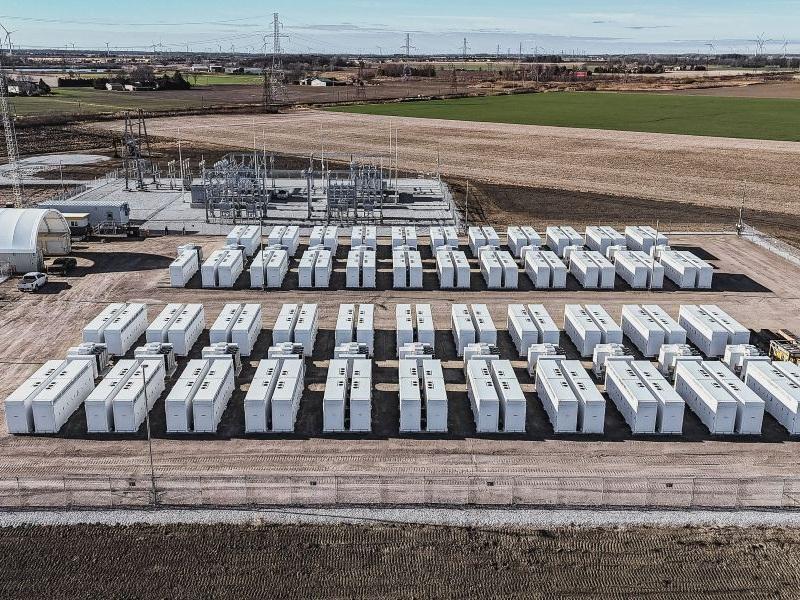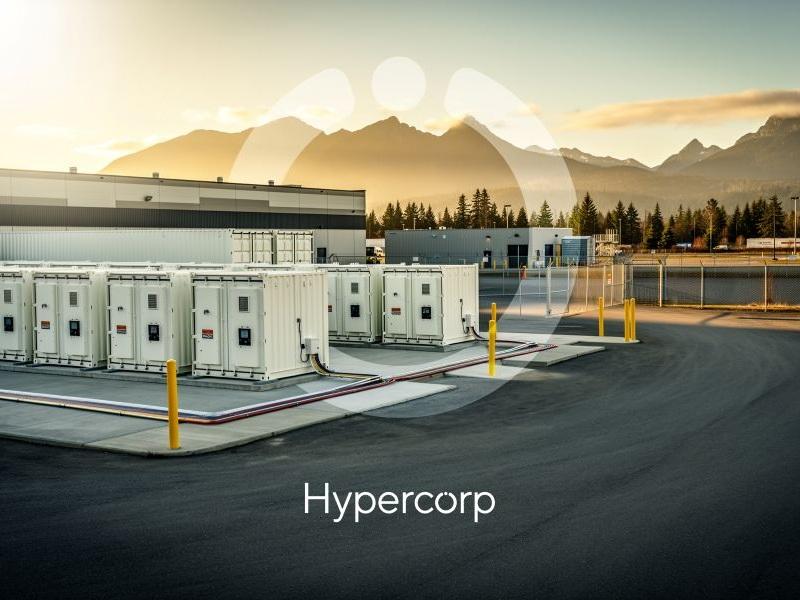
The Business Development Bank of Canada (BDC) has launched the $150-million Sustainability Venture Fund to assist Canadian software-oriented companies helping tackle climate change.
The Montreal-based Crown corporation, which supports Canadian small- and medium-sized businesses, has now committed over $1.8 billion toward sustainability. Its largest effort to date is the $1-billion total on the Cleantech Practice Fund and the Climate Tech Fund II.
Joseph Regan, managing partner of the Sustainability Venture Fund and BDC’s Industrial, Clean and Energy Technology (ICE) Fund, contrasted the latest fund with the Climate Tech Fund in an interview with SustainableBiz.
“Climate Tech Fund looks at capital-intensive, heavy-asset, capex-oriented solutions and technologies and companies. The Sustainability (Venture) Fund is looking at companies that, their business models are different; their capital requirements are quite different in that they’re much lighter.” he said.
The Sustainability Venture Fund portfolio will be “dominated” by software-first companies. This will include firms following a software-as-a-business model which may also have a proprietary hardware data capture component to help monitor and reduce greenhouse gas emissions and energy use.
The Sustainability Venture Fund
Regan said the Sustainability Venture Fund was initiated by the BDC’s desire to contribute to Canada’s net-zero transition using the United Nations’ Sustainable Development Goals (SDGs) as a framework.
Software takes centre stage in the new fund because of a perceived lack of risk capital in the space.
“A lot of focus from a capital perspective has really been in technologies that really are asset heavy, require significant amount of capital, there’s a capex component, there’s a project or a demonstration plant or a pilot plant that’s required, there’s bricks and mortar that’s involved. A lot of capital (has) been driven in that direction,” Regan said. “Less so in the software, hardware-enabled software space.”
A second reason for the BDC’s interest is because historically, information technology solutions are capital-light and have a track record of performance.
BDC plans equity investments of up to $15 million apiece in approximately 20 companies. Regan expects an average investment between $8 million to $10 million over a company’s lifetime and around $1 million as a minimum first investment.
By diverting more funding to sustainability software, BDC hopes to propel greenhouse gas reductions indirectly, rather than focus on it as the primary objective.
As an example of technology BDC could support through the Sustainability Venture Fund, Regan cited Neurio, which got funding from the ICE fund and was later acquired by Generac Power Systems.
The Vancouver-based home energy monitoring company utilizes a behind-the-meter device to track the energy use of home appliances. Neurio's analytics platform helps homeowners make better decisions about their energy use.
Looking ahead, Regan said efforts to monitor and reduce methane emissions, facilitate the circular economy, or to optimize transport systems, energy and the manufacturing sectors are examples of sectors in which the new fund could invest.
Helping Canadians compete globally
A key purpose of the Sustainability Venture Fund is to promote Canadian software innovators globally.
Regan said 14 per cent of global venture capital goes toward sustainability or environmentally-oriented companies, while Canadian venture funds invest five per cent.
The Sustainability Venture Fund, he continued, is positioned to help Canadians be more competitive while building strong relationships with co-investors. Regan said it can help close a gap to attaining Canada's 2050 net-zero target that cannot be addressed by policy changes or alterations to behaviour.
“The only way that we are going to overcome that morass is through technology and innovation-based solutions," he said.
"That’s where this fund will participate and play and contribute: backing those companies that are going to come up with those solutions that are going to help not only Canada’s efficiency into net-zero but – we’re not just building Canadian-oriented companies, we’re investing in Canadian companies so they can be global leaders and contribute to the globe’s biggest challenge of our time.”










